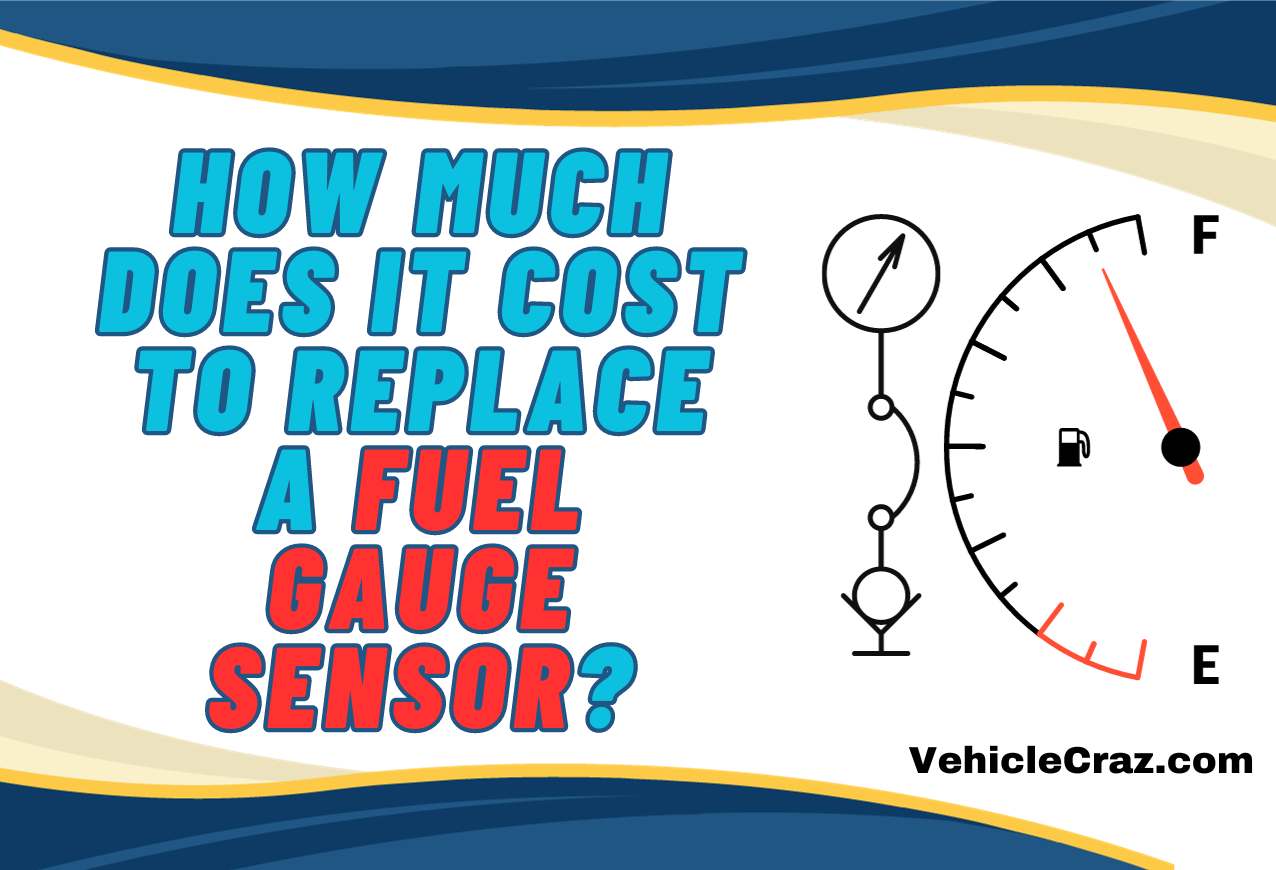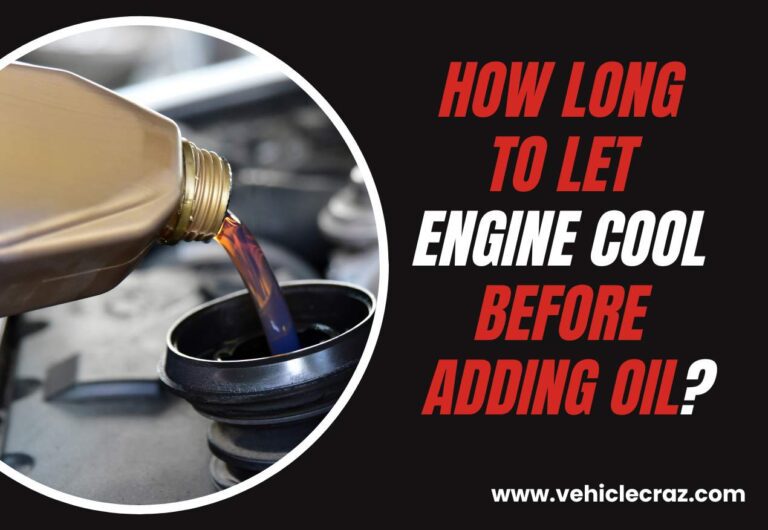How Much Does it Cost to Replace a Fuel Gauge Sensor?
The fuel gauge does an important job by showing the exact fuel level in your vehicle so it is easy to know when to refill the tank. The sensor that is accompanied by the gauge identifies if the tank is full or empty.
In case you notice any sign of a faulty fuel gauge sensor, it is a must to take prompt action to fix or replace it. So, how much does it cost to replace a fuel gauge sensor?
In this blog post, we aim to find out the cost of this vital replacement along with some other important factors, so make sure to read till the end!
How Much Does it Cost to Replace a Fuel Gauge Sensor?
In general, the cost of replacing a fuel gauge sensor can range from $250 to $400. In fact, the costs can really vary, and it’s tough to pin down an exact price without knowing specifics about your car.
From what we’ve seen and learned, here are the main things that can affect the cost:
Car Make and Model
This is a major determinant. Different cars have different fuel tanks and sensors. For instance, a fancy luxury car will usually cost more to fix than a more common, budget-friendly car. This is because of the complexity and the price of the parts and labor.
Sensor Type
Older cars might have simpler, float-based sensors, which are generally cheaper to replace. In contrast, newer cars often have electronic sensors that are part of the fuel pump, and these can be pricier.
Labor Costs
The cost of a mechanic’s work can change depending on where you are. In big cities, it’s usually more expensive than in smaller towns or rural areas. The mechanic’s experience and the shop’s expenses also play a part in this.
Parts Source
You’ve got two main choices here. OEM (Original Equipment Manufacturer) parts from the dealership are usually more expensive, but they’re a sure fit for your car. Aftermarket parts can be less costly; however, they might not be a perfect match and could need some extra work to fit right.
DIY vs. Professional Repair
If you’re good at car fixing, you might think about doing it yourself. But this job can be tricky and needs special tools. We usually suggest getting a professional mechanic to do it. They’ll make sure it’s done right and safely.
Based on the aforementioned factors, we can roughly break down the cost of replacing a fuel gauge sensor.
- Budget-friendly cars: $150-$300
- Mid-range cars: $250-$500
- Luxury cars: $400-$800+
Remember, going for the cheapest option isn’t good for your car. Think about the quality of the parts, any warranties, and possible problems down the line. It’s all about getting a fix that’s reliable and will last.
When Do You Replace a Fuel Gauge Sensor?
It is time to replace your fuel gauge sensor if you notice signs like inaccurate readings. In our time dealing with cars, we’ve learned a lot about when it might be time to replace a fuel gauge sensor. Here are some signs we suggest you look out for:
- If the needle on your fuel gauge stays on full or empty all the time, even when you know the fuel level is different, that’s a sign something might be wrong.
- If the needle on your gauge is moving up and down randomly and doesn’t show the right fuel level, it’s not doing its job properly.
- When your gauge keeps saying you’re almost out of fuel, even after you’ve just filled up, it can be another clue.
- Running out of fuel when your gauge says you still have plenty is both unsafe and frustrating. This mismatch is a big red flag.
- In case your low fuel light turns on even though the gauge shows you have enough fuel, that’s confusing and could mean there’s an issue.
- When the gauge needle doesn’t move at all, no matter how much you drive or refuel, it’s pretty clear that it’s not working.
Read our guide on “Fuel Gauge Not Reading Correctly” for more knowledge.
Can You Drive With a Bad Fuel Gauge Sensor?
You can still drive with a faulty fuel gauge sensor, but it is something that we are not recommending. You are highly encouraged to get it fixed sooner rather than later, and here’s why, based on what we’ve experienced:
Running Out of Fuel
This is the biggest worry. If your sensor’s not working right, it might say you have more gas than you actually do. Imagine being on a busy road or in the middle of nowhere, and suddenly, your car just stops because it’s out of gas. It’s not just inconvenient; it can be pretty risky.
Overfilling the Tank
Sometimes, a faulty gauge might show that your tank is empty when it’s actually full. If you try to fill it up, you could end up spilling gas, which is not only a waste but also a serious fire risk.
Inaccurate Fuel Budgeting
In case your gauge is always showing that it’s low on gas, you might end up filling up way more often than you need to. This can make you spend more money on fuel than you actually should.
Read our guide on “Fuel gauge does not go down when the car is off” for more knowledge.


I’m Alex, a seasoned mechanical teacher with over 20 years of hands-on experience in Australia. My passion for all things automotive has driven me to establish this blog, aiming to share my wealth of knowledge and expertise with fellow enthusiasts, DIYers, and anyone keen on understanding the mechanics behind the machines we rely on daily.







